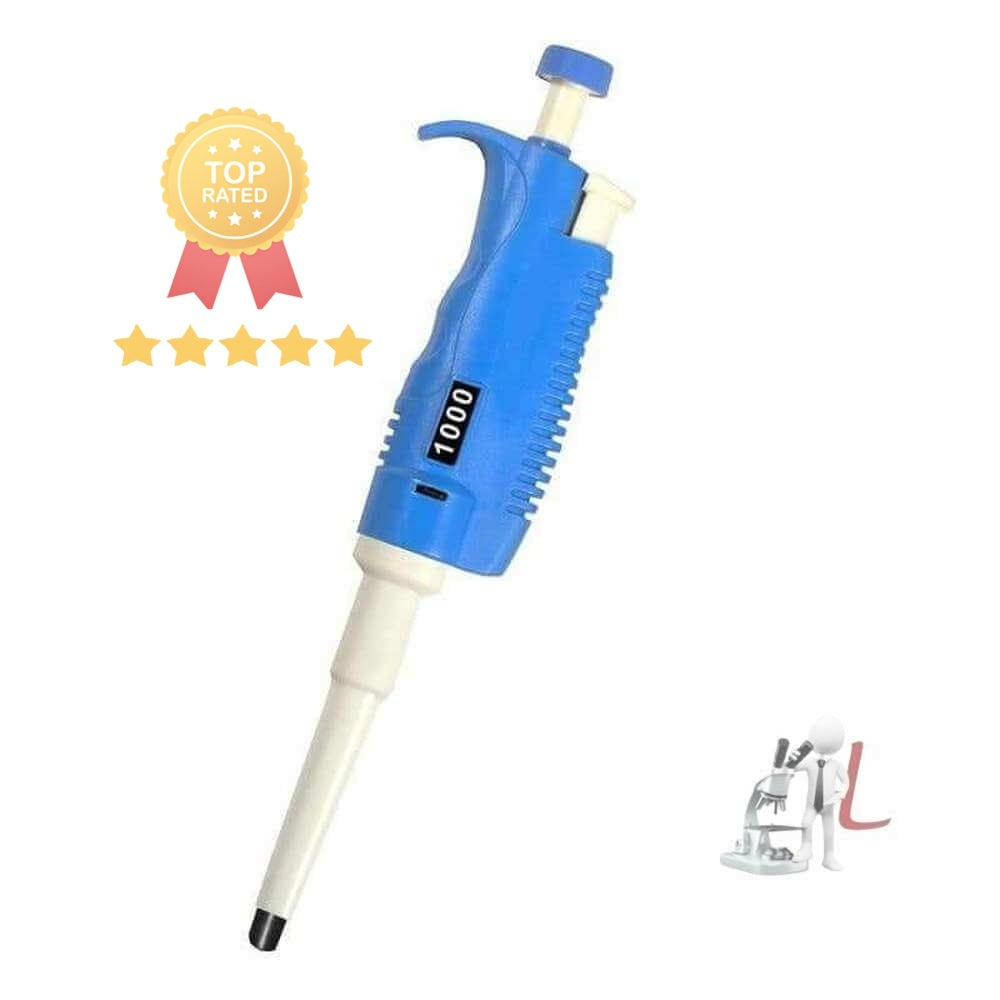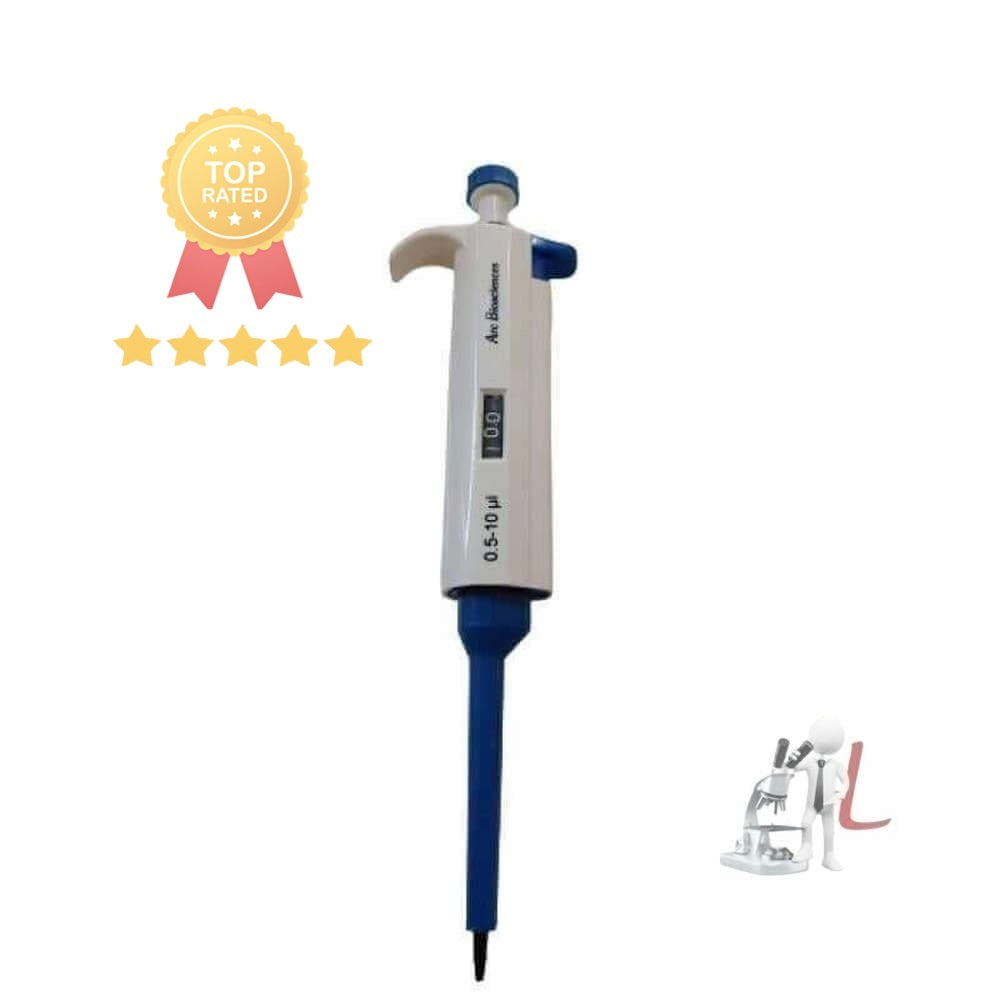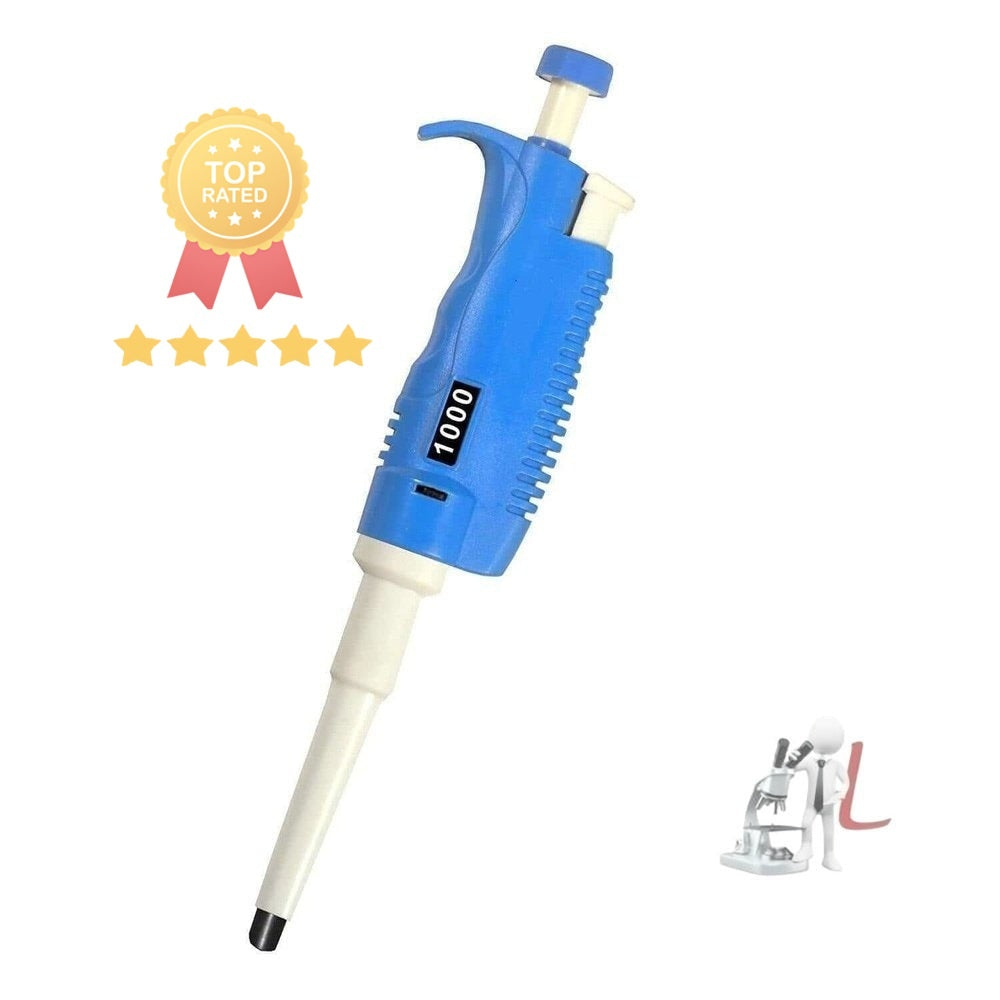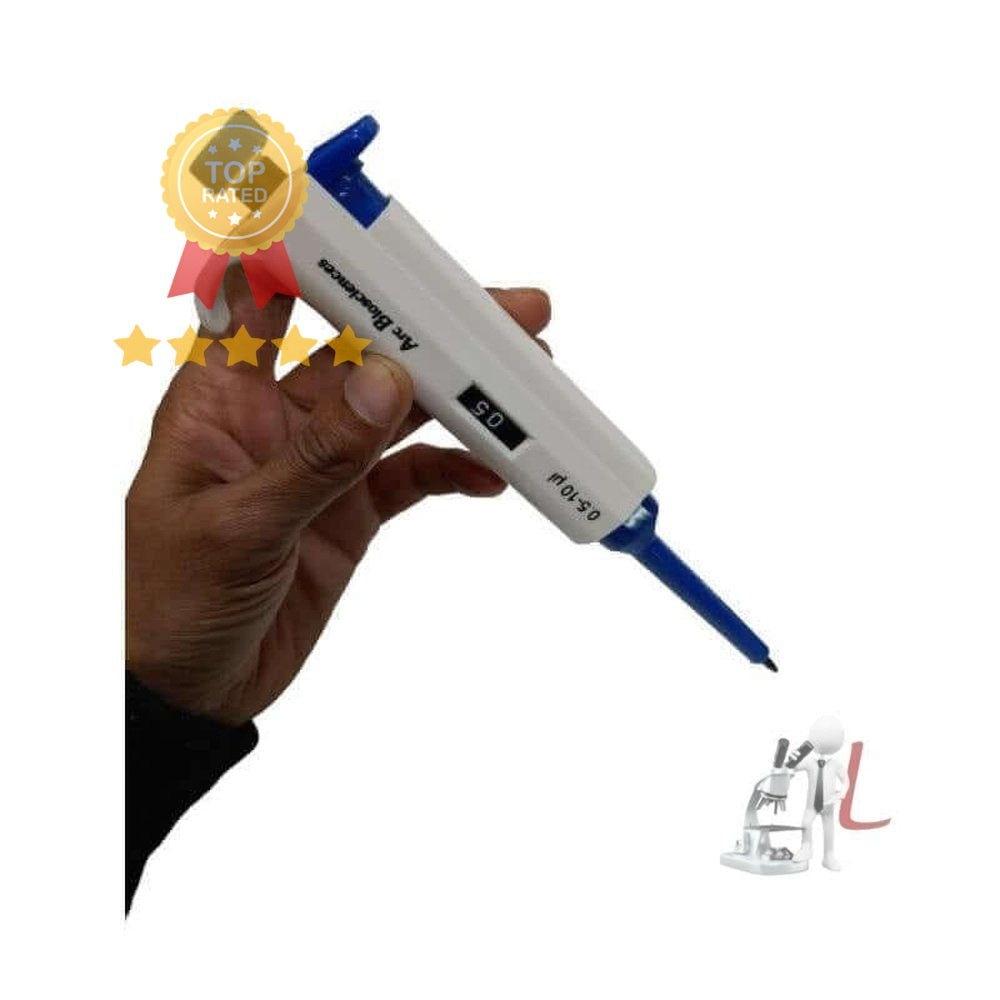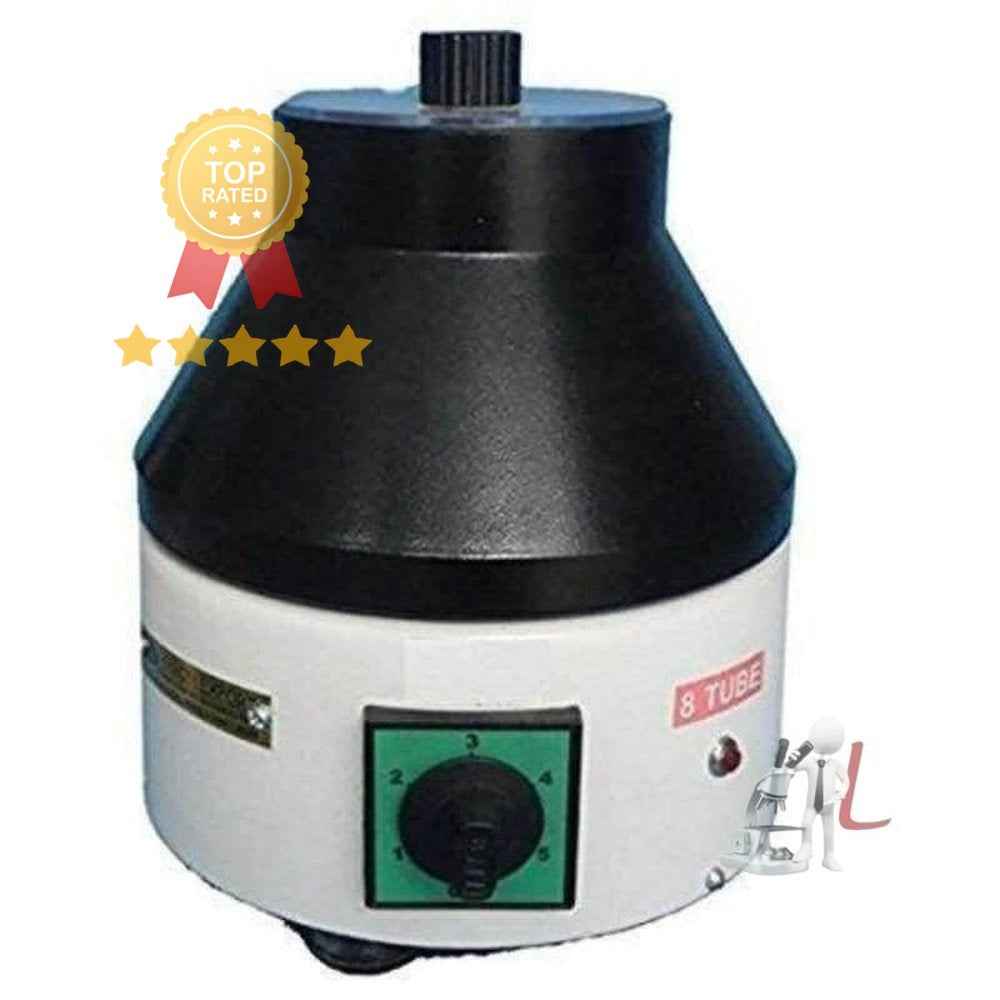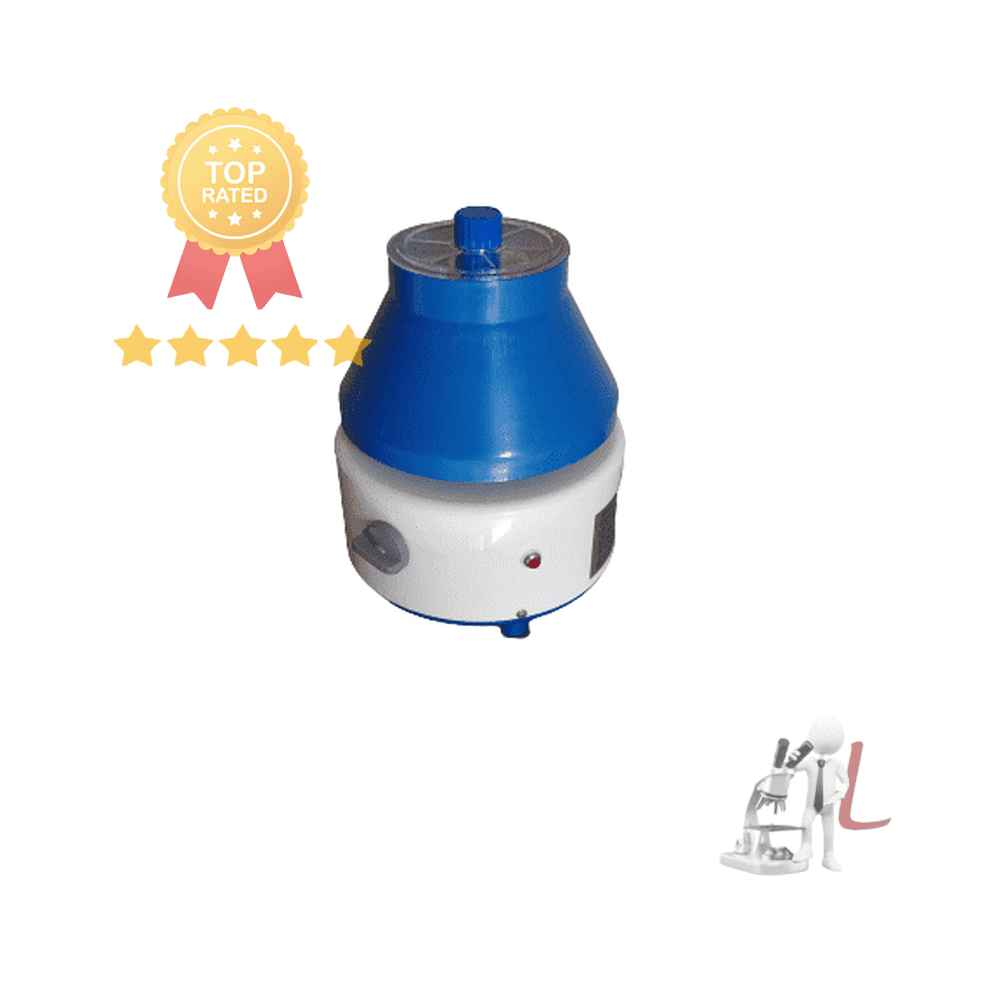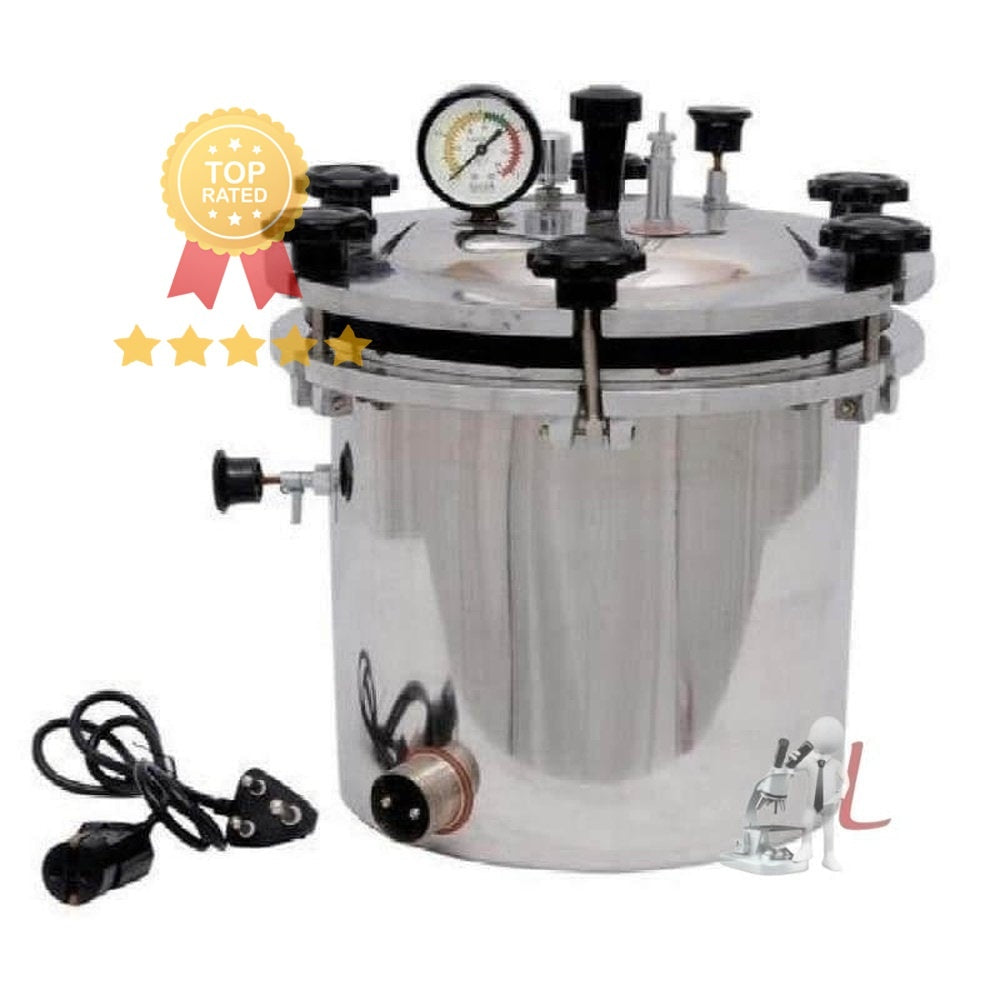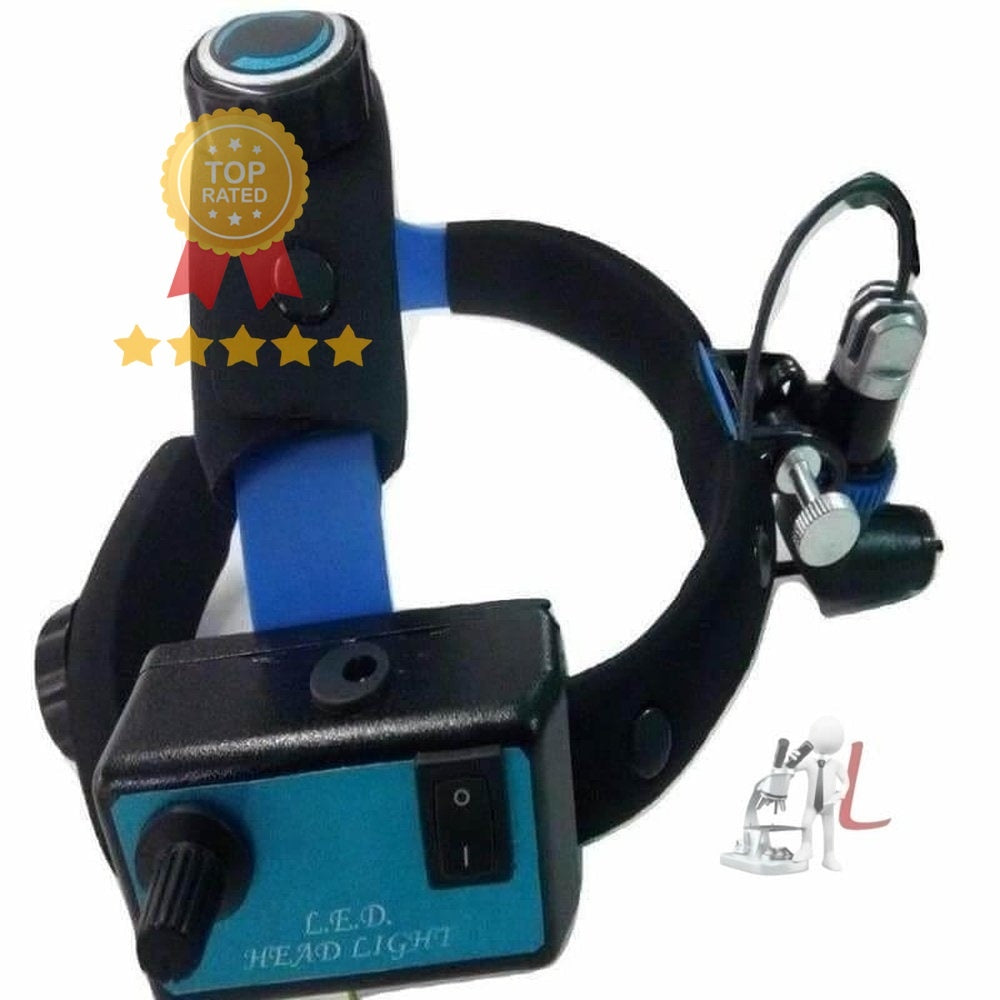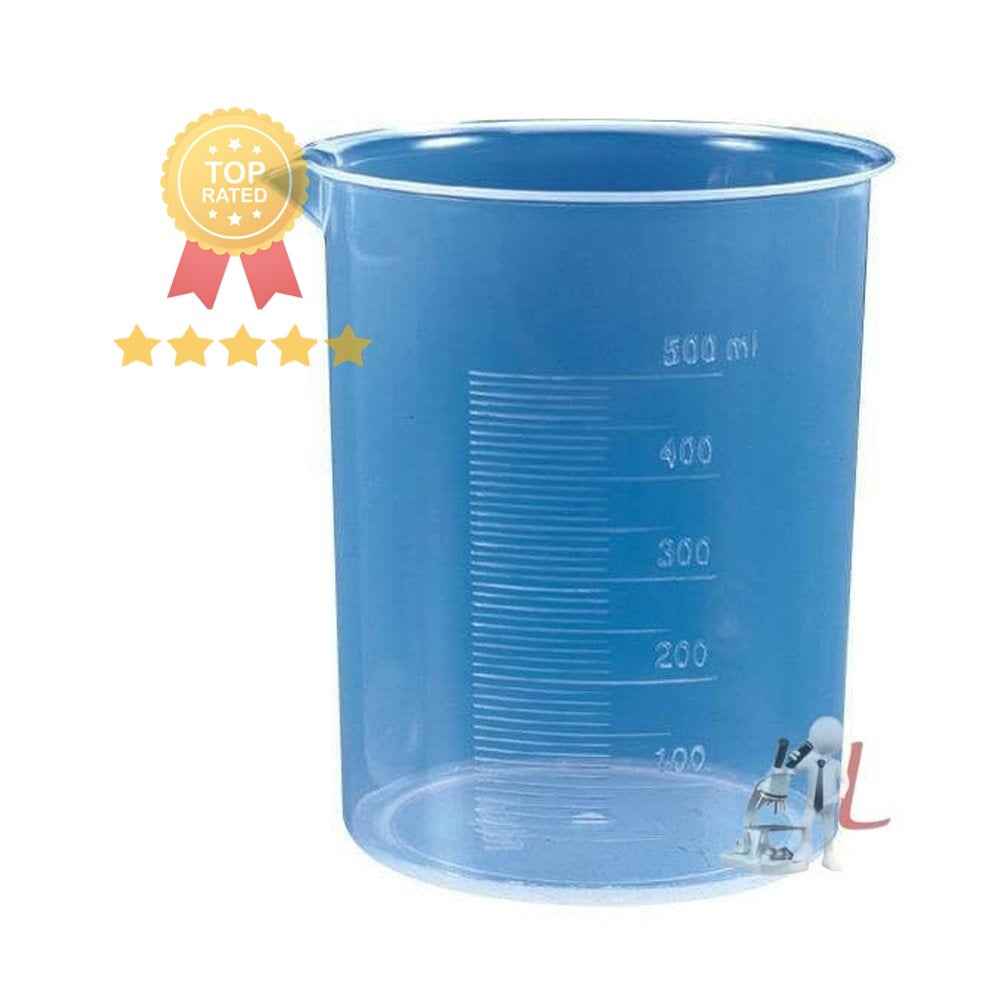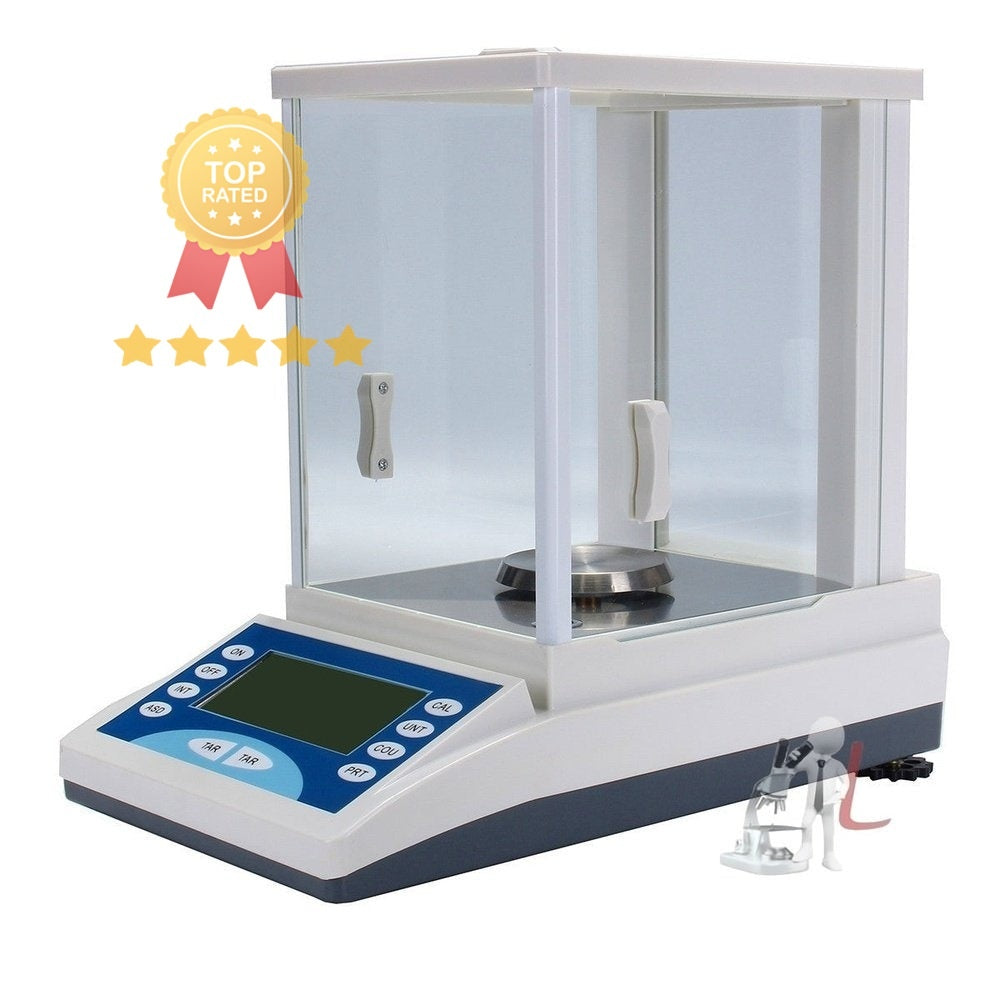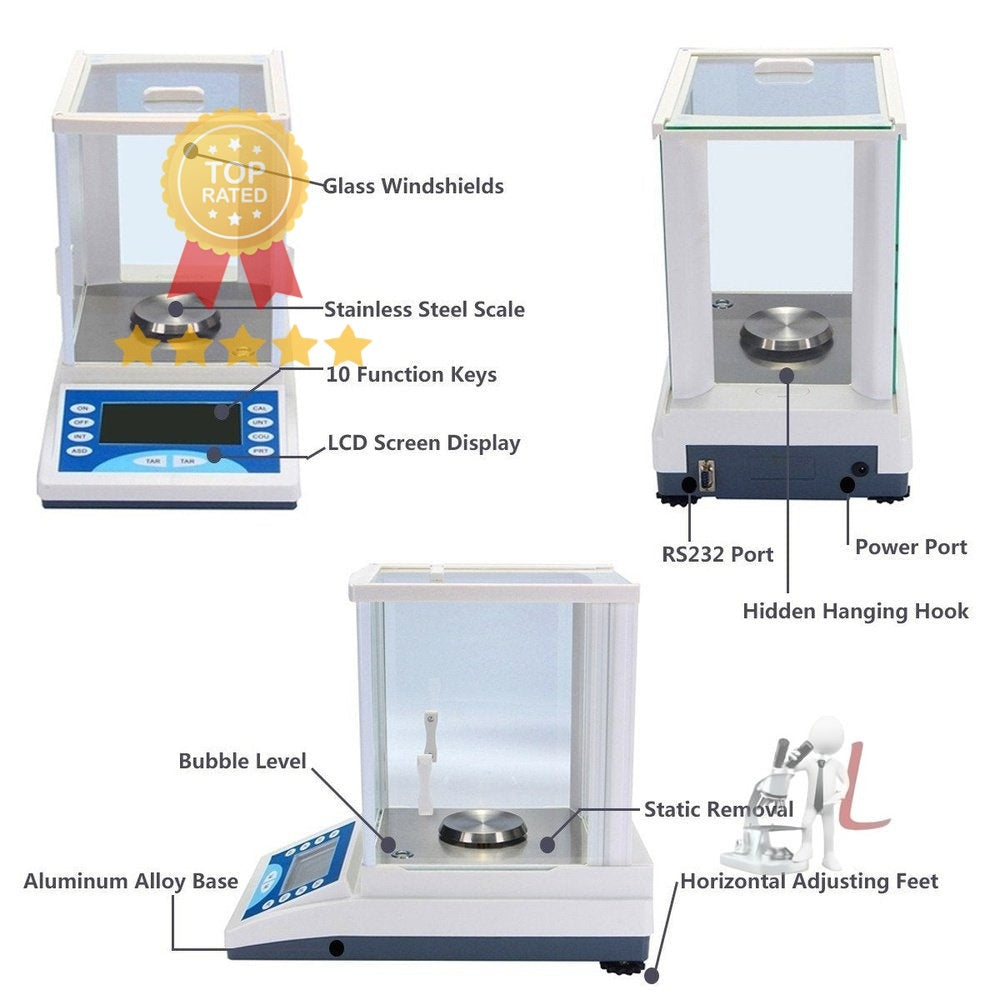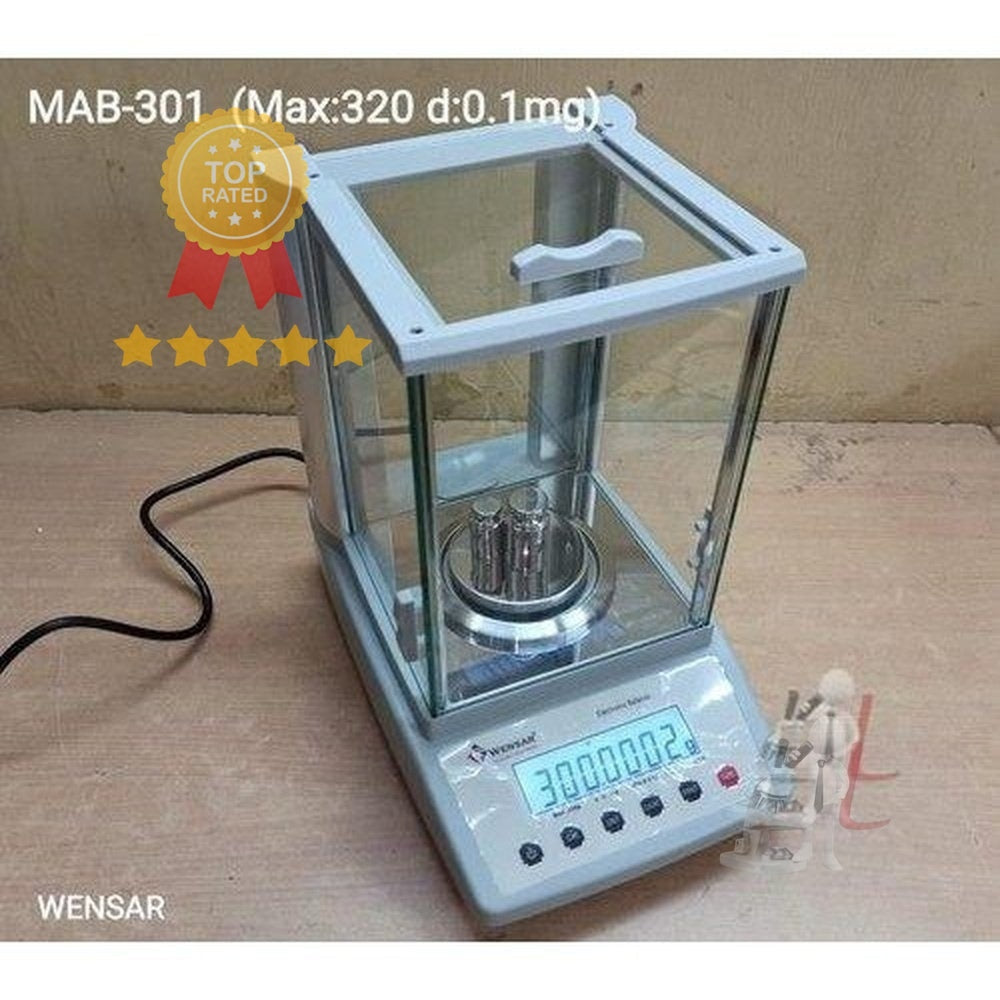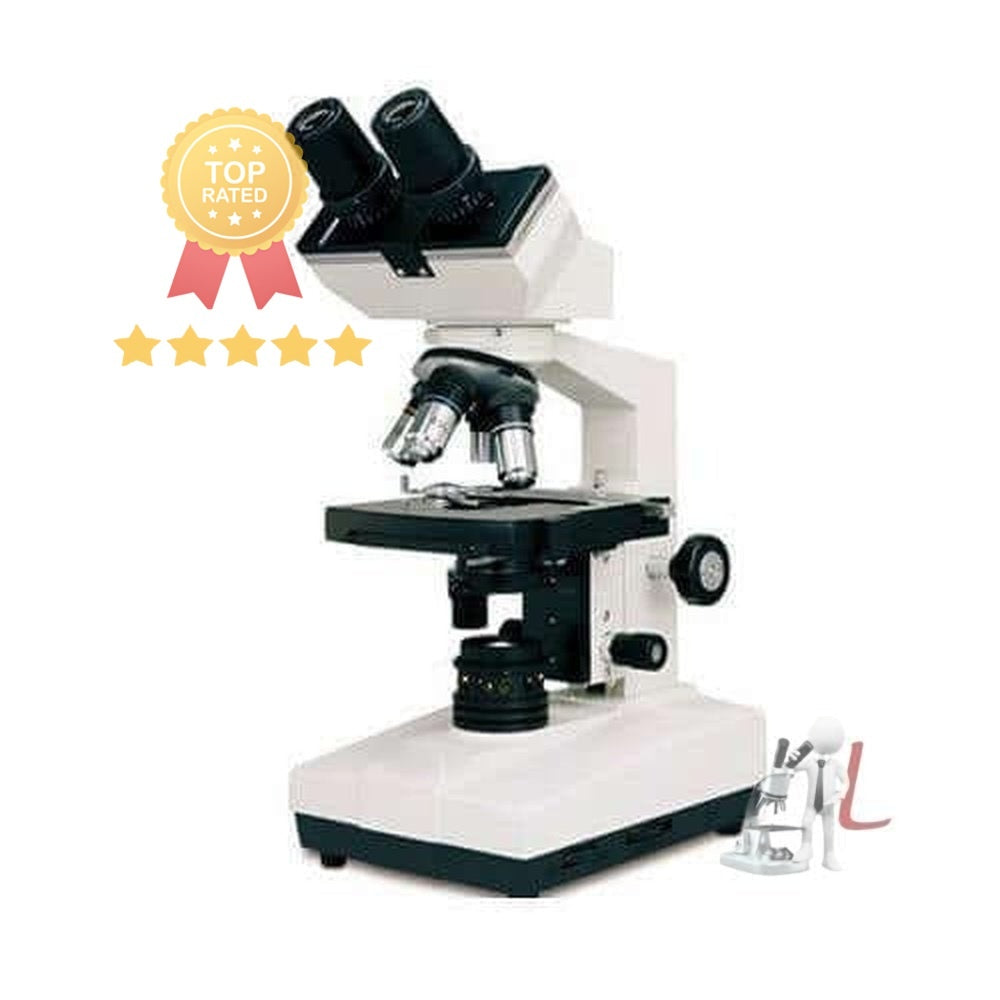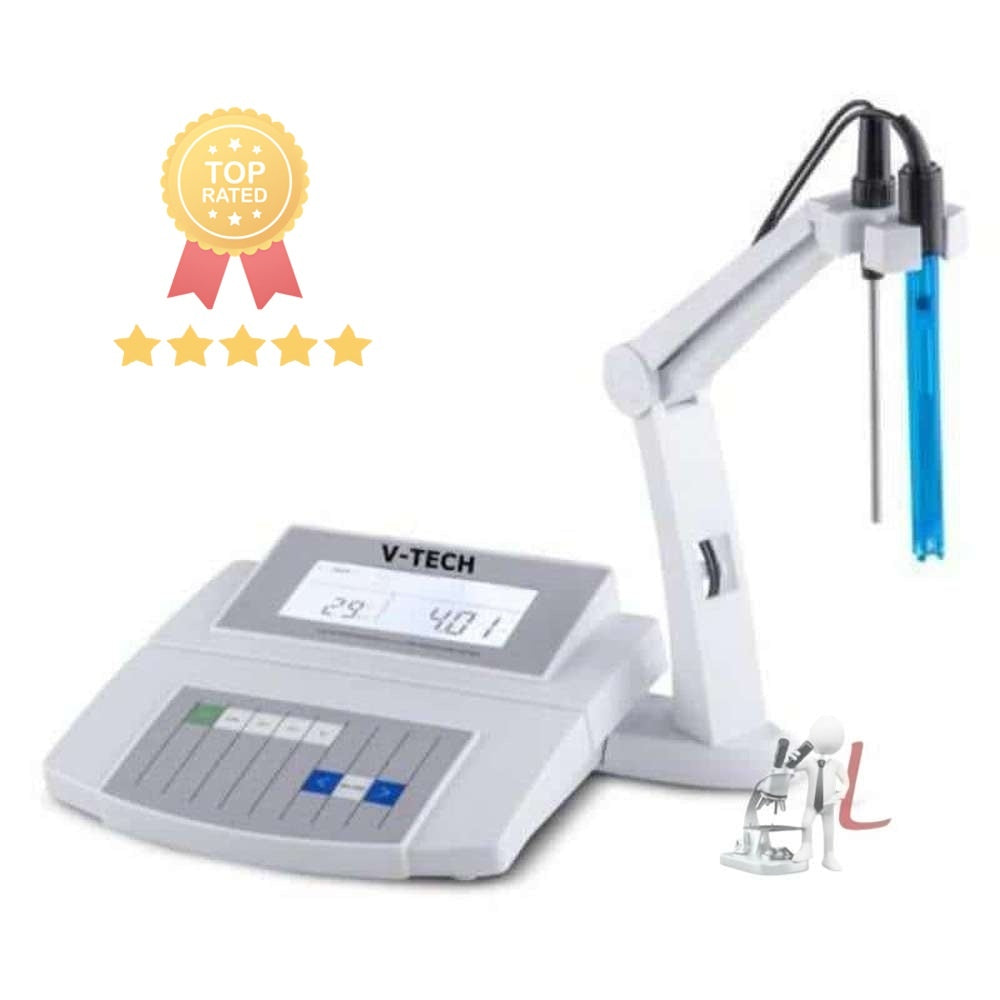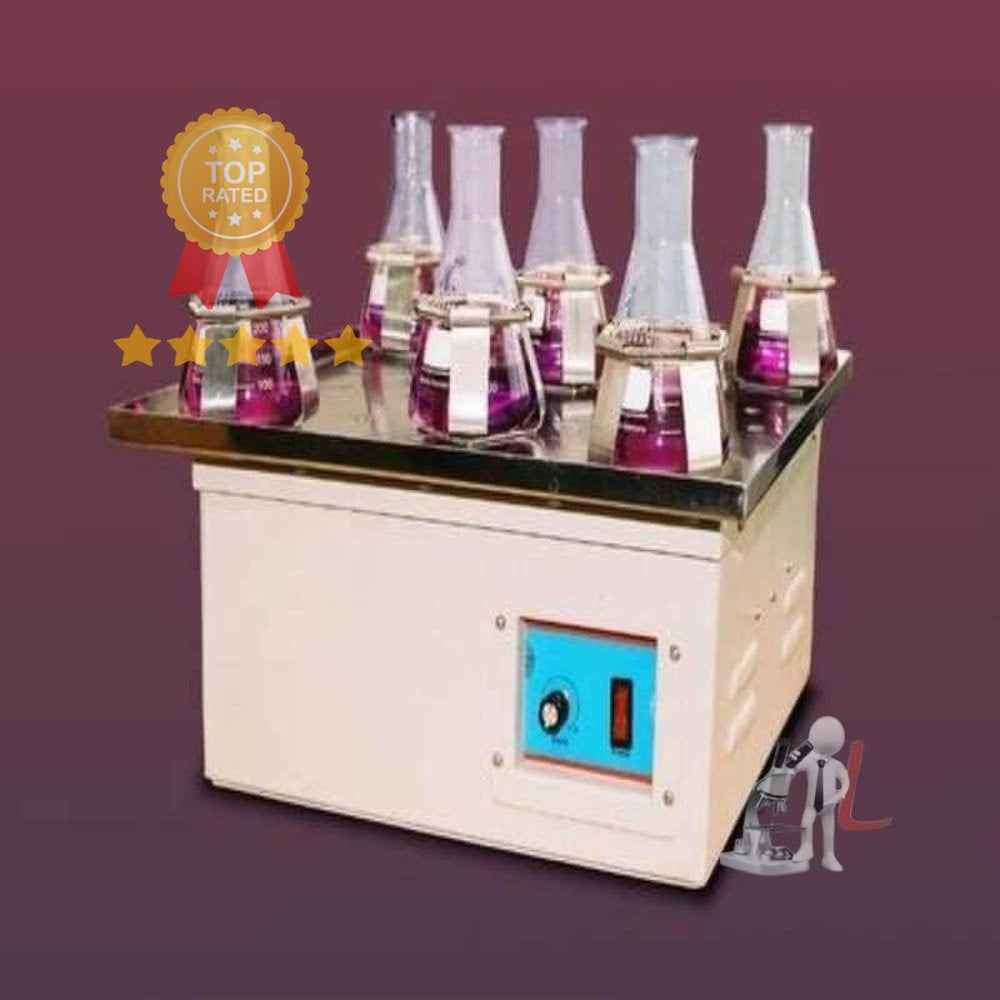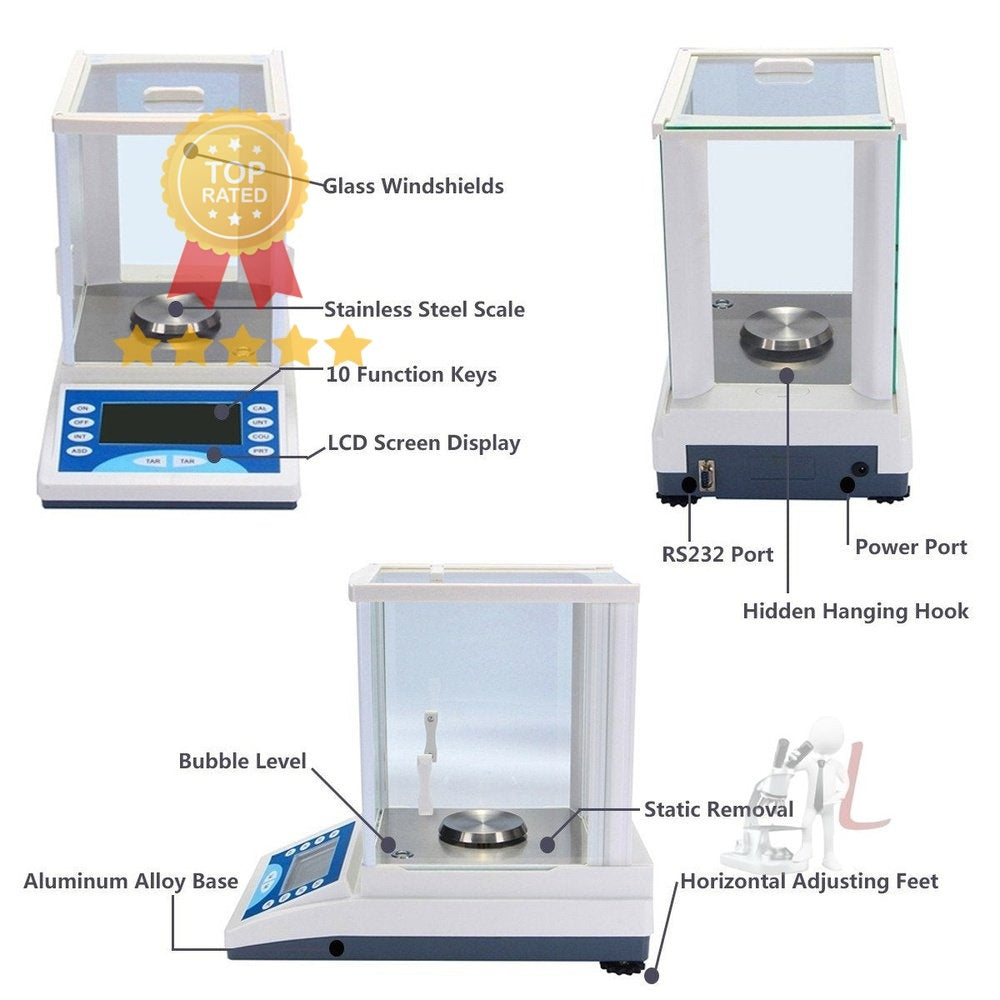Pediatric Lab Equipment: Essential Tools for Child Healthcare
Pediatric lab equipment is crucial in ensuring the delivery of high-quality healthcare services for children. In the realm of healthcare, the needs of pediatric patients are uniquely distinct. The right tools not only facilitate accurate diagnosis but also ensure the comfort and safety of young patients during laboratory procedures. With the advancement of technology and understanding of pediatric care, specialized lab equipment has been developed to cater specifically to the needs of children.
The significance of using pediatric lab equipment cannot be overstated. These tools are designed with the smaller body structures and physiological requirements of children in mind, which is critical for obtaining reliable results without causing undue stress or harm. From blood collection tubes designed for smaller volumes to specific types of analyzers that can interpret pediatric samples, every aspect of pediatric lab equipment serves a vital role in the healthcare process.
Among the essential tools are pediatric blood collection devices that minimize pain and anxiety during sampling. These devices often feature smaller needles and more intuitive designs, making the experience less intimidating for young patients. Additionally, specialized analytical equipment, such as pediatric hematology analyzers, ensures that the results reflect the unique blood characteristics of different age groups.
Moreover, the laboratory environment must take into consideration the psychological aspects of treating children. Pediatric lab equipment often includes playful designs and colors that can help engage young patients, making the lab experience feel less clinical and more welcoming. This can positively influence a child’s perception of medical environments, reducing fear and anxiety associated with medical procedures.
Another pivotal area of pediatric lab equipment is in the realm of imaging technology, which includes devices such as pediatric ultrasound machines and X-ray units designed specifically for smaller patients. These machines are often equipped with features that optimize imaging for children's smaller anatomy, providing necessary diagnostic capabilities while minimizing radiation exposure.
In the context of specializing laboratories, it is essential to invest in training for laboratory personnel. The use of pediatric lab equipment requires knowledge of both the technology and the specific needs of children, as misinterpretation of results due to inappropriate equipment use can lead to misdiagnosis or inappropriate treatment. Therefore, it's necessary for healthcare facilities to prioritize ongoing education and training for their staff.
From biochemical testing to molecular diagnostics, pediatric lab equipment plays a foundational role at every stage of patient care. It also encompasses tools for specimen collection, preservation, and transportation, tailored for pediatric specimens. These features contribute to preserving the integrity of samples as they are processed, which is crucial for accurate diagnoses.
Furthermore, as healthcare continues to evolve, the integration of digital technology into pediatric lab equipment is becoming increasingly prevalent. Electronic health records (EHRs) and point-of-care testing devices are streamlining processes, allowing for quicker diagnoses and better management of patient data. This integration is especially beneficial in pediatric care, where timely intervention can significantly affect outcomes.
In conclusion, pediatric lab equipment represents a critical component of child healthcare that underscores the importance of understanding the unique requirements of young patients. The combination of specialized tools, staff training, and technological advancements work together to provide safe, effective, and child-centered healthcare. Facilities equipped with modern pediatric lab equipment can better meet these needs, ultimately leading to healthier futures for children.
Filter
Sort by

